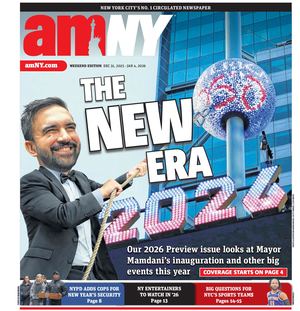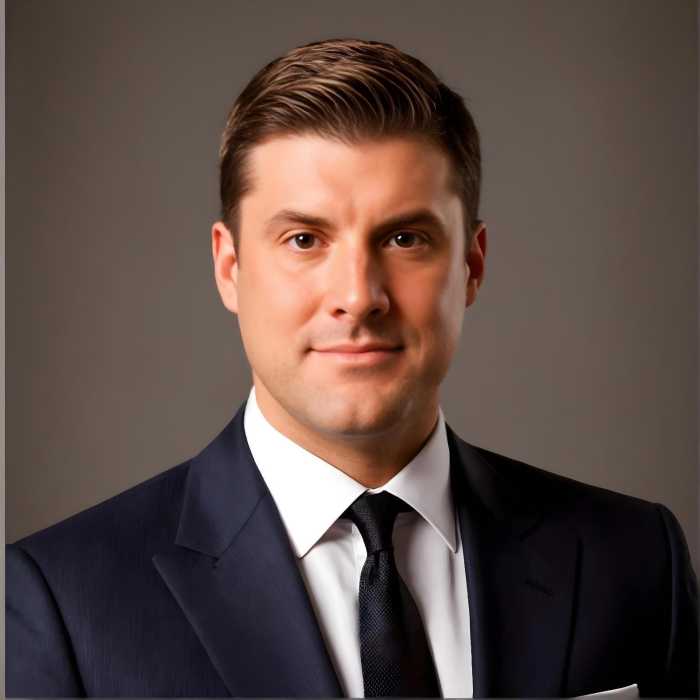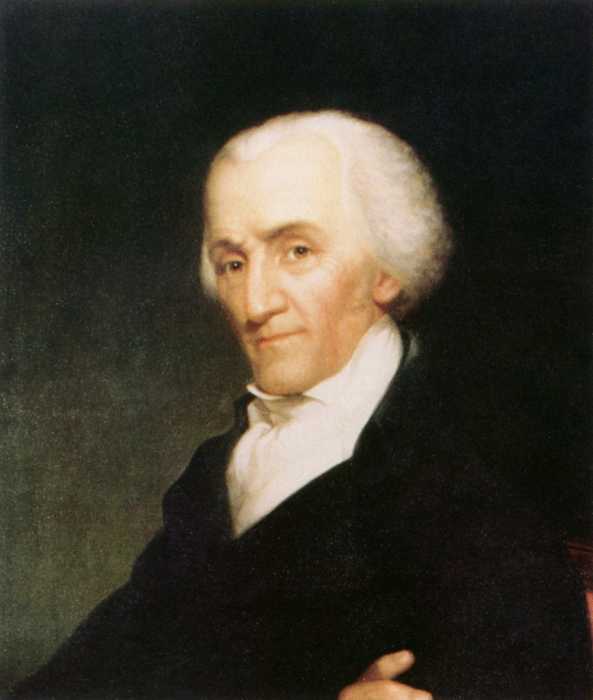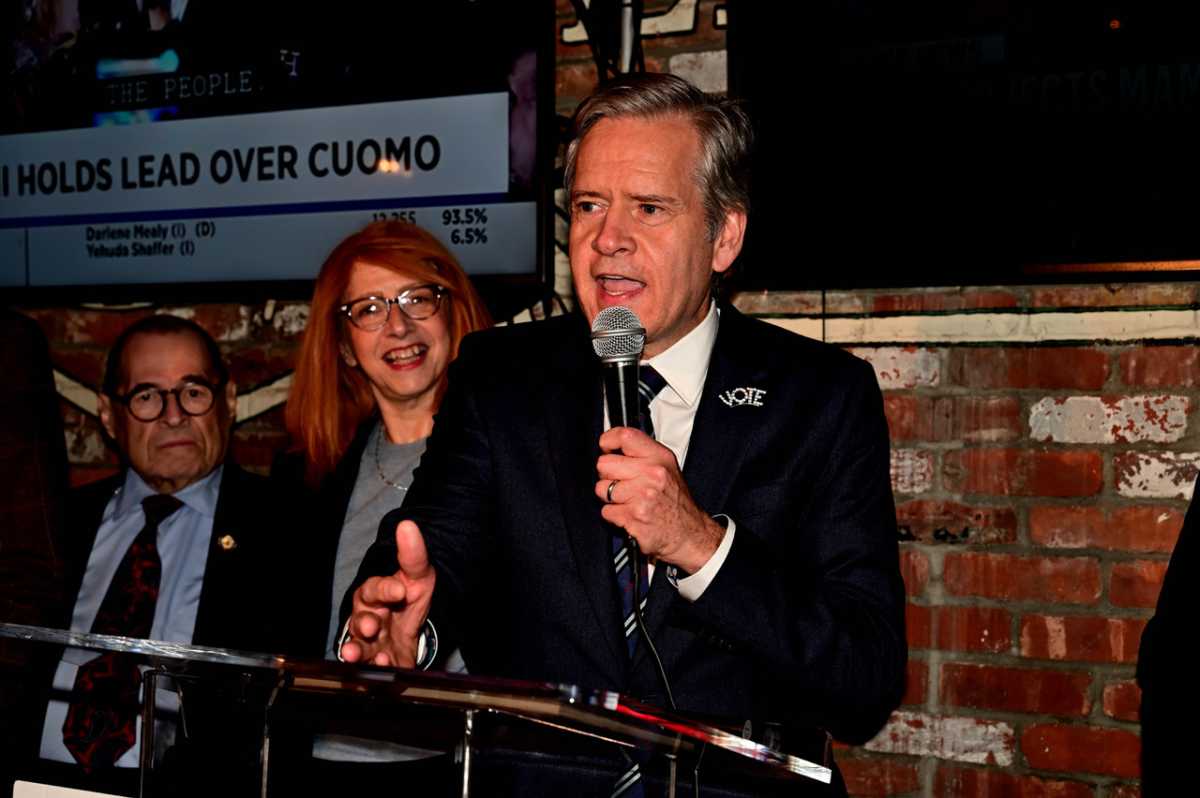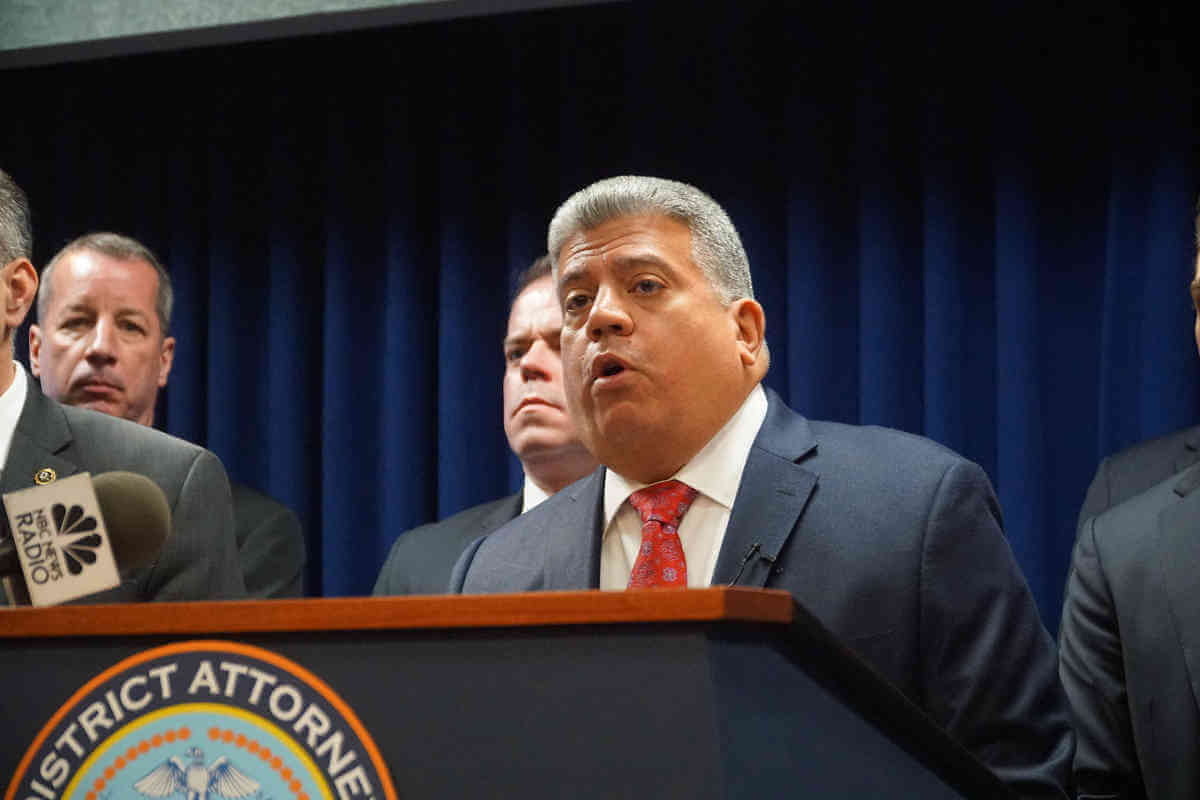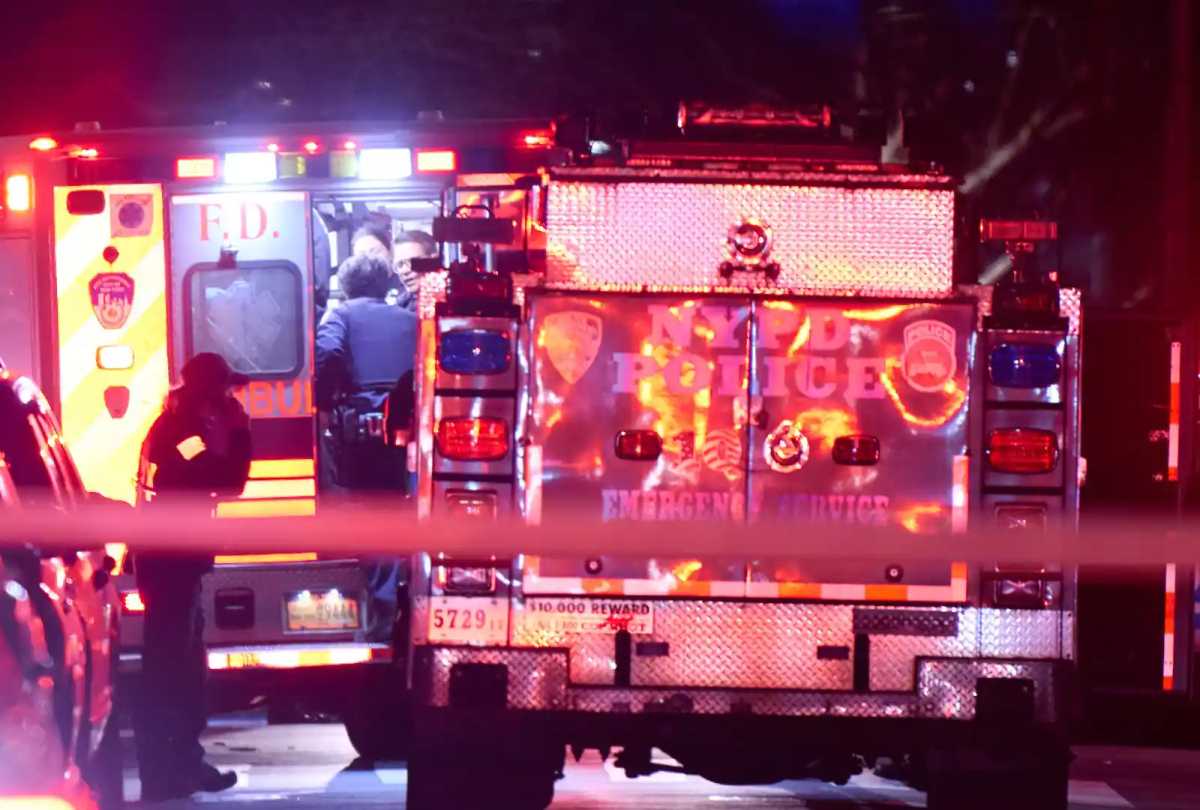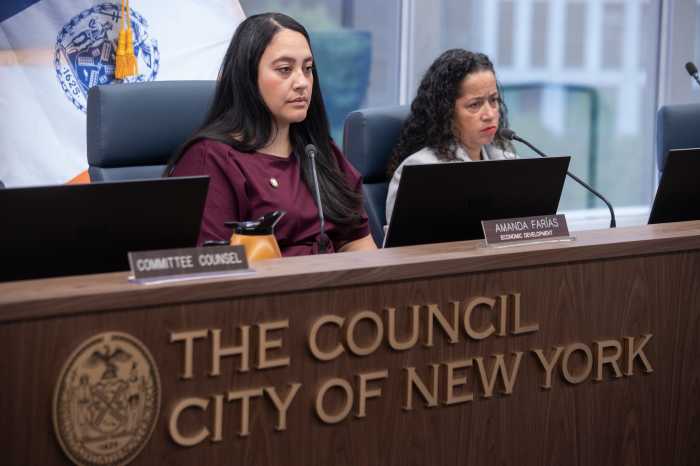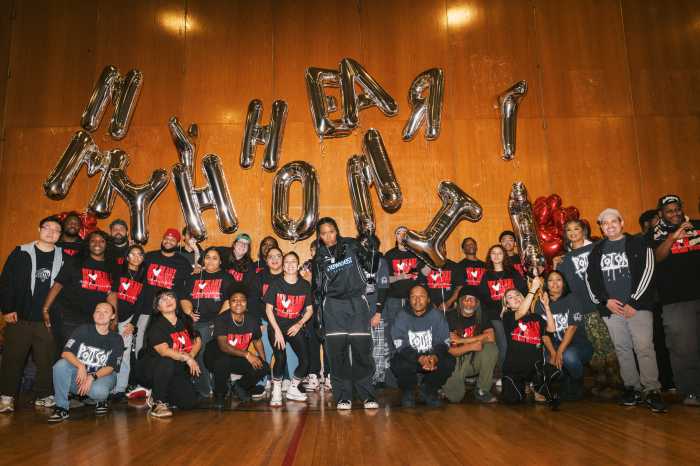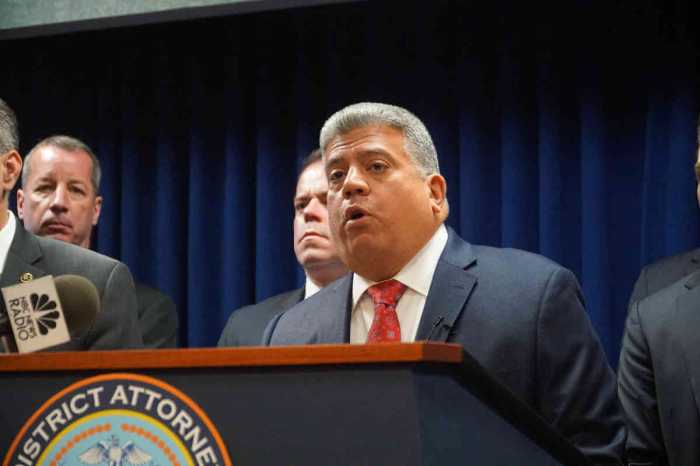Marc Fliedner’s phone just wouldn’t stop buzzing on Tuesday. It was the internet asking him to mount a write-in campaign for Manhattan district attorney.
It hasn’t been a good month for the man who now holds that job, Cyrus Vance Jr. Vance was cruising to reelection when a joint ProPublica/The New Yorker/WNYC investigation revealed his office did not bring charges in a case against Donald Trump Jr. and Ivanka Trump in 2012, shortly before accepting $32,000 from Donald Trump’s personal attorney. The office also declined to prosecute a sexual assault claim against movie mogul Harvey Weinstein. Afterward, according to an International Business Times report, Vance took a $10,000 donation from David Boies, one of many such donations from Boies, a lawyer who has worked for Weinstein but not on the NYPD investigation.
Vance denies impropriety and says the donations had no influence on his decisions. He is reportedly considering internal limits on campaign donation. But he’s been dogged with questions: can any straight lines be drawn between campaign donations and his prosecutorial decisions? Is there a double standard for justice in Manhattan? Are wealthy and powerful defendants treated with kid gloves?
Unfortunately, those questions may not be fully aired because Vance is running unopposed. It’s too late to get on the ballot for November, so the only way to challenge Vance is to get enough people to write in the name of one challenger. Which is why people are talking about Fliedner, a former assistant district attorney who just wrapped up an unsuccessful primary for the top job in Brooklyn.
A write-in campaign that started on Twitter
“People talking” is pretty much how this all started with Fliedner. In the Brooklyn primary race in September, he ran to the left of the winner, Eric Gonzalez. Fliedner touted his experience as the prosecutor who convicted Peter Liang, the former police officer whose errant bullet killed Akai Gurley in 2014. Fliedner also vowed not to prosecute low-level crimes like marijuana possession or use.
Those stances won him support from groups like Sen. Bernie Sanders’ “Our Revolution,” which Fliedner credits with increasing awareness of his campaign. Spillover from that attention on social media has brought Fliedner back into the limelight, with requests for him to run beginning to appear on Twitter Tuesday afternoon. By Wednesday, columnist Shaun King (836k followers) had endorsed the fledgling run, and Fliedner said he would “accept” the calls and was cobbling together a platform for a different borough: the same issues of bail reform and low-level non-victim offenses that he stumped on in Brooklyn.
Regarding the Vance donations, Fliedner says they may just be “business as usual” but he wouldn’t want to “owe anyone a favor” even for propriety’s sake. (He says he does agree with some of Vance’s reforms of the office’s low-level offense prosecution.) He cited his own campaign finance standards for his Brooklyn run, when he said he did not accept money from big developers or the criminal defense attorneys who do most of their work in the borough.
A contest, but still a longshot
Fliedner’s campaign has multiple hazards ahead, however. First, the uphill battle for any write-in campaign. Second, despite the heated and cascading Twitter declarations of support for his candidacy, Fliedner may not even be eligible. A spokesman for the state Board of Elections found no specific residency requirements for the office, meaning the general rule from state public officers law would apply: you have to be a resident by Election Day. For Manhattan DA, that means Manhattan. If he didn’t move and won, he would be in danger of a lawsuit challenging his seat. (On Wednesday Fliedner said he was looking into a Manhattan apartment.)
Such are the slim hopes for those in search of a real conversation about ethics in the heart of the Big Apple. The guilty?
- A Democratic Party which did not elicit a challenger.
- The Manhattan GOP which did not field a candidate and does not plan to have a write-in alternative, according to a party spokesman.
- The campaign finance laws that keep incumbents’ campaign funds sufficiently padded, so as to fend off challengers — the same loose campaign finance laws that don’t guard against potential conflicts of interest beyond personal codes of conduct. Here are the state rules: for the general election, just a monetary limit of close to $50,000 for non-family donors. Defense attorneys who would benefit from preferential treatment from the DA? No problem.
